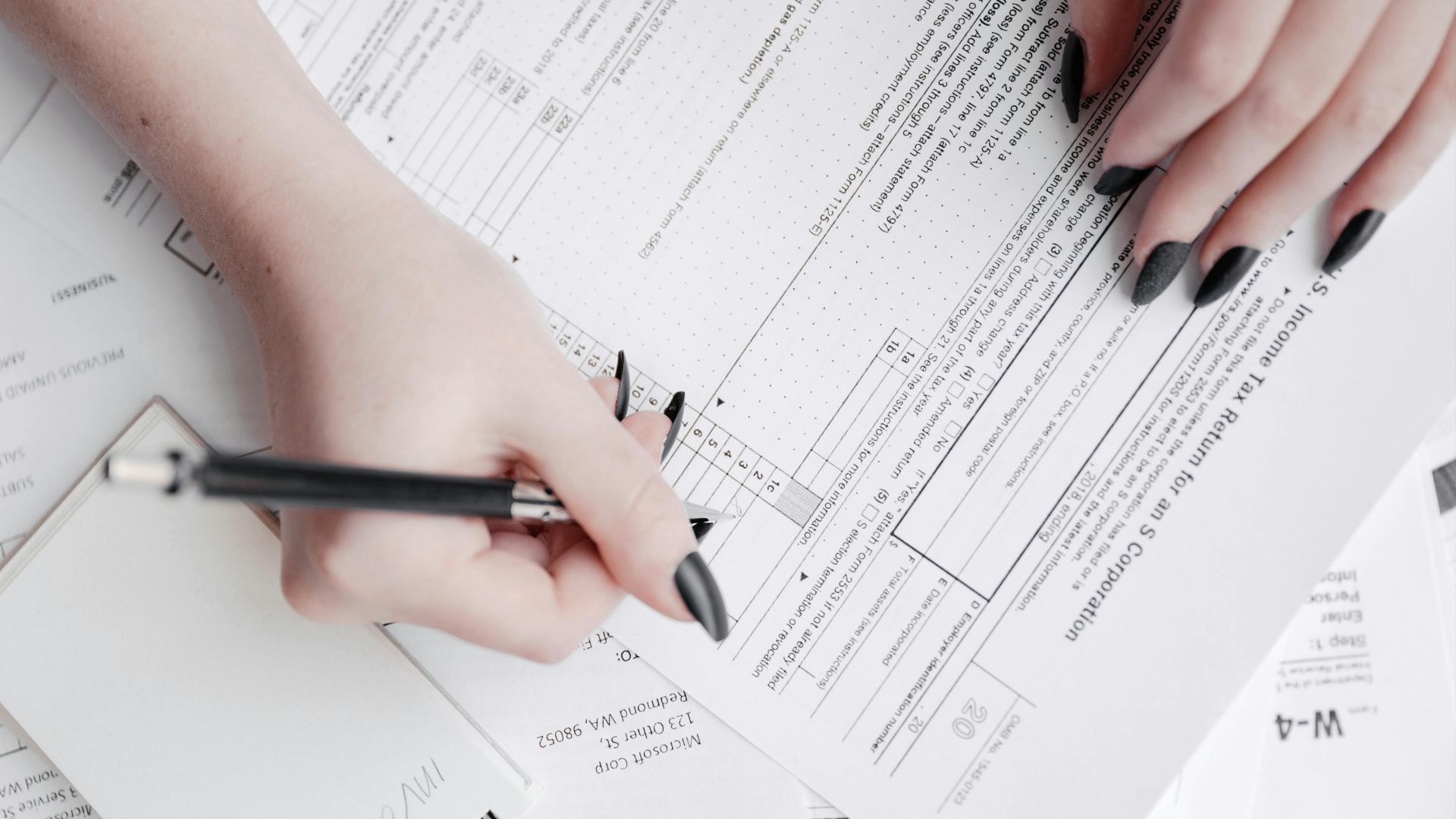The Morning Everything Stopped Working
You go to pay rent, open your bank app, and suddenly see the one phrase nobody ever wants to see: “Account Restricted.” No explanation. No warning. Just a silent lock on your money. It feels like a glitch—or like someone drained your account. But sometimes the truth is far more unsettling: it’s the IRS.
Yes, the IRS Can Freeze Your Bank Account
The IRS has the legal power to freeze your bank account through something called a levy. When that happens, your bank is required to hold your funds, and you can’t touch them. Your debit card stops working. Automatic payments fail. Rent bounces. It’s instant gridlock. And yes, it can happen without warning.
In Rare Cases, It Can Happen With Zero Warning
There’s one exception almost nobody knows about: a jeopardy levy. In extremely rare situations—like if the IRS believes you’re about to move money, hide assets, or flee the country—they can skip the usual notice and freeze your account immediately. Most people will never face this. For almost everyone else, there is warning—even though it often doesn’t feel like it.
But They Usually Can’t Do It Out of the Blue
Despite how sudden a freeze feels, it almost never happens randomly. The IRS usually sends multiple letters about unpaid taxes or missing returns. These notices escalate over time, but most people don’t realize the final one is the last warning before a levy.
The Notice That Really Matters
Before the IRS levies your account, they must send a Final Notice of Intent to Levy. This letter begins a 30-day countdown. If you don’t respond, call, or work out a plan during that window, the agency can legally tell your bank to lock your money.
Why It Still Feels Like Zero Warning
Here’s the catch: once the IRS issues the levy, they notify your bank—not you. Your bank freezes the funds immediately. You don’t get a text, an alert, or a heads-up. So even though the IRS technically warned you, the moment the freeze hits feels sudden, confusing, and completely unexpected.
The 21-Day Countdown
After your account is frozen, there’s a mandatory 21-day holding period. During this time, you can negotiate with the IRS, set up a payment plan, or dispute the levy. If nothing changes by day 21, the bank must send the frozen money to the IRS.
What Actually Gets Frozen
An IRS levy only freezes what’s already in your account the moment your bank receives the order. Deposits made afterward—like your next paycheck—are usually accessible unless the IRS sends another levy. That’s why some people still see new money come in while their old balance remains locked.
How You Usually Find Out
Most people discover a freeze the same way you did: a rent payment fails, a card declines, or an automatic bill bounces. Only after that does the bank show “restricted,” “legal hold,” or “levy.” The official notice explaining it may not arrive until days later.
Why Rent Is the First Red Flag
Large, time-sensitive payments like rent or mortgages are usually the first to reveal a levy. Smaller charges don’t always trip the hold immediately. But a thousand-dollar rent payment hitting an account that’s been frozen? That gets your attention fast.
Joint Accounts Aren’t Safe
If your spouse, partner, or co-account holder owes taxes, the IRS can freeze the entire joint account. They don’t automatically separate “your half” from theirs. You’ll need to prove which funds belong to whom—something that takes time during an already stressful freeze.
What Triggers a Levy
Most freezes come from unpaid taxes, unfiled returns, years of ignored notices, or defaulting on a payment plan. In unusual cases—like suspected tax evasion—the IRS may act faster. But almost every levy starts with months of warning signs that go overlooked.
What To Do Immediately
Step one: call your bank and confirm it’s an IRS levy. Step two: contact the IRS using the number on your notice—or request a transcript if you’re unsure why it happened. Acting quickly matters because the 21-day clock doesn’t stop.
You May Qualify for a Quick Release
If the levy creates immediate financial hardship—like being unable to pay rent, buy food, or keep utilities on—you can request a release. The IRS can lift the levy if you show proof. If the levy was issued in error or the funds are exempt, that’s another basis for a release.
Payment Plans Can Stop the Freeze
The IRS often releases levies once you agree to a payment plan. They prefer consistent payments over seizing your account. Showing that you’re willing to resolve the debt can unlock your funds faster than you might expect.
When a Freeze Is a Mistake
It happens more than people realize. Wrong person, wrong account, outdated debt, or a levy tied to someone else on a joint account. If the IRS made the error, they can reverse the levy and instruct your bank to restore the funds.
What the Freeze Can’t Touch
Some funds—like certain Social Security benefits, disability payments, or protected assistance—may be exempt. But unless they’re clearly identifiable, the bank freezes everything first. You may need to prove which funds are protected.
How To Avoid Ever Reaching This Point
The easiest prevention is simple: never ignore IRS mail. File missing returns. Respond quickly. Set up payment plans early. Almost all levies happen because people underestimate how serious the letters have become.
Why People Miss the Warning Signs
IRS notices don’t say “Your bank account is about to be frozen.” They look like generic government letters—easy to overlook or save for later. That’s how people end up blindsided even though the warnings technically existed.
The Emotional Hit
A levy doesn’t just freeze money—it freezes your life. Rent becomes a crisis. Bills collapse. Everyday expenses suddenly turn into emergencies. But the situation is fixable, and far more common than people think.
If You’re Already Frozen
Don’t panic, and don’t wait. Call the IRS immediately, explain your situation, and push for a release or a payment arrangement. Many people get their accounts unlocked within days—but only if they act fast.
The Real Answer
So, can the IRS freeze your account without warning? Legally, they must warn you. Practically, it often feels like they didn’t—because the only warning was a letter most people didn’t realize was the final step before a freeze.
Final Thought
It’s terrifying to wake up and find your money locked when you need it most. But a freeze doesn’t mean you’re out of options. With quick action, communication, and the right plan, you can usually get the levy released, protect your income, and avoid this situation ever happening again.
You Might Also Like:





























